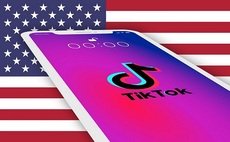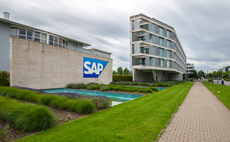Why on Earth would Computing readers be so interested in malware that can enable attackers to empty cash machines?
Celebrity stories are strictly for the Daily Mail website, and its "side-bar of shame" in particular, but this week, such celebrities as Liam Maxwell and Sir Tim Berners-Lee attracted the interest ...
To continue reading this article...
Join Computing
- Unlimited access to real-time news, analysis and opinion from the technology industry
- Receive important and breaking news in our daily newsletter
- Be the first to hear about our events and awards programmes
- Join live member only interviews with IT leaders at the ‘IT Lounge’; your chance to ask your burning tech questions and have them answered
- Access to the Computing Delta hub providing market intelligence and research
- Receive our members-only newsletter with exclusive opinion pieces from senior IT Leaders





















